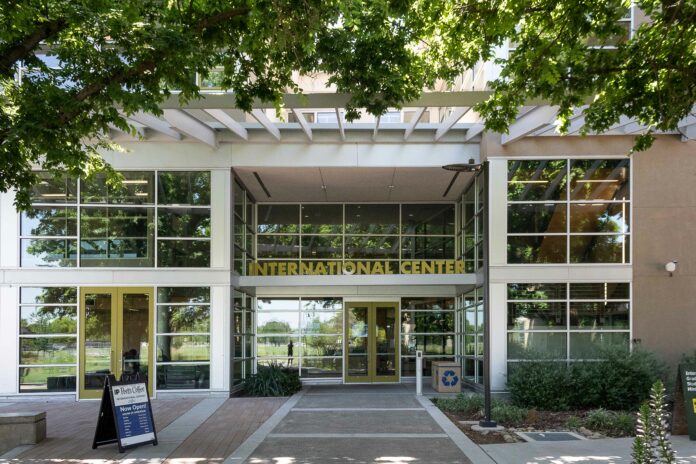SISS maintains communication, coordinates accommodations with professors
The transition to virtual courses presents different obstacles to every student, depending on their circumstances. For both international students who have returned to their homes abroad and international students unable to return home, there are challenges posed by the virtual classroom setting, including time zone differences and each country’s unique method of containing COVID-19.
Hitesh Rohra, a second-year design major, explained why he chose to stay in Davis for the remainder of this quarter rather than take courses from his home in India.
“If I had class at 3:00 p.m., in India I would have class at 4:00 a.m.,” Rohra said. “I would have to be up all night every day this quarter.”
Mickey Makhija, a second-year biochemistry and molecular biology major, explained that some students did not have a choice as to whether to stay or leave.
“I usually reside in Moscow, Russia,” Miakhija said. “I definitely did not want to stay in Davis, but Russia shut down their borders so I didn’t really have the option to decide.”
Services for International Students and Scholars (SISS) is a division of Global Affairs and the International Center on campus. SISS Director Wesley Young said advisors are ensuring that students abroad are granted the same foundation for success as domestic students.
“While the International Center is physically closed, the Global Affairs team including Services for International Students and Scholars (SISS) staff continue to work from home to ensure that our services to students are not interrupted,” Young said in an email interview.
International students taking virtual courses abroad can still reach advisors virtually. Appointments can be scheduled on the SISS website.
Professors have been urged to update teaching formats to accommodate all students.
“All faculty have been encouraged to record their online classes so they are accessible to students during normal daytime hours no matter where they live,” Young said.
Students like Rohra have seen professors accommodate accordingly.
“One of my professors removed mandatory attendance [from the syllabus] and transitioned to recordings we can access at any time,” Rohra said.
Mikhija said SISS has maintained communication with students virtually via frequent emails reminding students of resources and time zone information. Additionally, SISS regularly updates coronavirus-related changes to global learning online.
“SISS staff are working from home, actively advising and supporting international students,” Young said. “We encourage students to take advantage of some of the services available through campus to help cope with this challenging time.”
President Donald Trump’s recent executive order banning immigration may affect international enrollment.
“Students who still have not obtained a non-immigrant visa (such as F-1, J-1, TN, E-3, O-1 or H1-B) should be monitoring local U.S. consulate websites and be prepared to submit a visa application as soon as consulates begin taking visa appointments again,” Young said. “Students can learn more about this at this recent announcement on our website.”
The president’s immigration ban should not affect students currently enrolled at UC Davis under non-immigrant visas (F-1, J-1, TN, E-3, O-1 or H1-B) nor permanent legal residents (LPR/Greencard), Young explained.
“This proclamation is valid for 60 days, but there may be additional restrictions recommended that affect non-immigrants, including students,” Young said. “We continue to monitor the situation and will keep students updated on any changes.”
Written by: Hannah Blome — campus@theaggie.org




